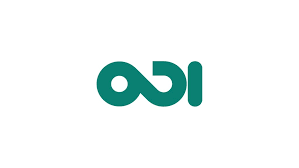
https://odi.org/en/publications/towards-sustained-development-in-small-i...
Full Report Here: https://cdn.odi.org/media/documents/SIDS_sustained_development_WP_jr.pdf
Small Island Developing States (SIDS) have long pursued unconventional economic development strategies, often with great success. Equally, because of their susceptibility to exogenous shocks, which can be disproportionately more destructive than in larger states, their progress remains fragile and can be set back suddenly and dramatically. It has taken some time for donors and multilateral institutions to recognise this, but climate change has brought the unique condition of SIDS to the fore and their ‘special case for sustainable development’ is now enshrined in the Small Island Developing States Accelerated Modalities of Action (‘SAMOA Pathway’) and other multilateral agreements. The problem is that, amid a rapidly changing geopolitical and economic landscape defined by the Covid-19 pandemic, the reassertion of great power politics and accelerating climate change, it is less clear what ‘sustainable development’ means for SIDS and what the best route to achieving it is.
Global governance reforms are urgently needed to allow SIDS to exploit new niches and sustain levels of development in a post-pandemic and warming world. Key changes include altering the way official development assistance is defined, generating new forms of debt relief, reforming climate financing mechanisms, and facilitating access to the labour markets of the Global North.










Add new comment